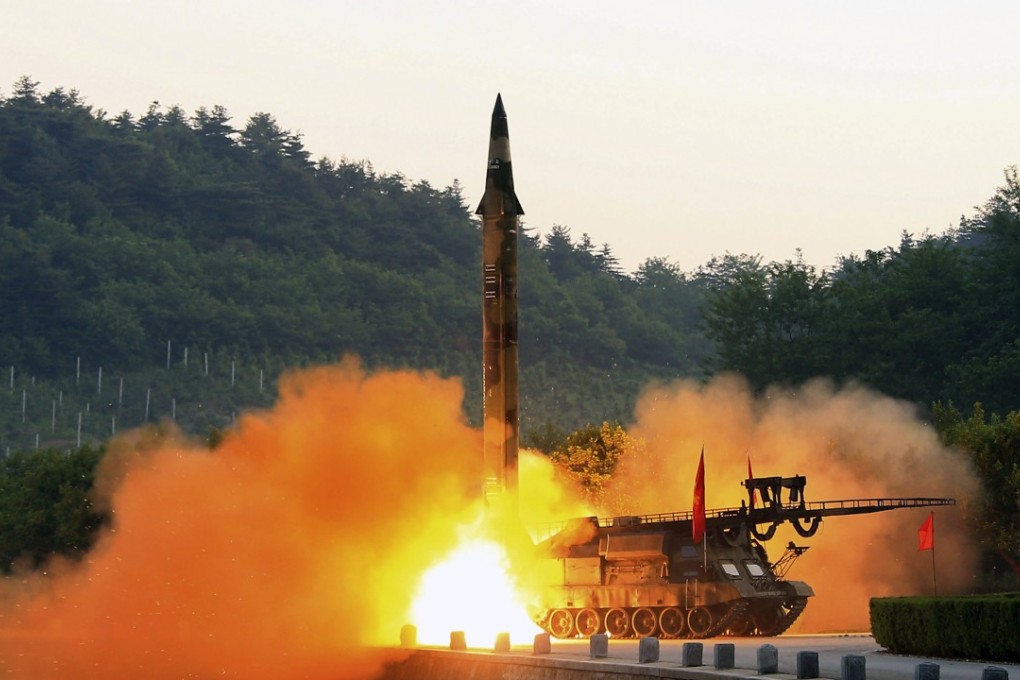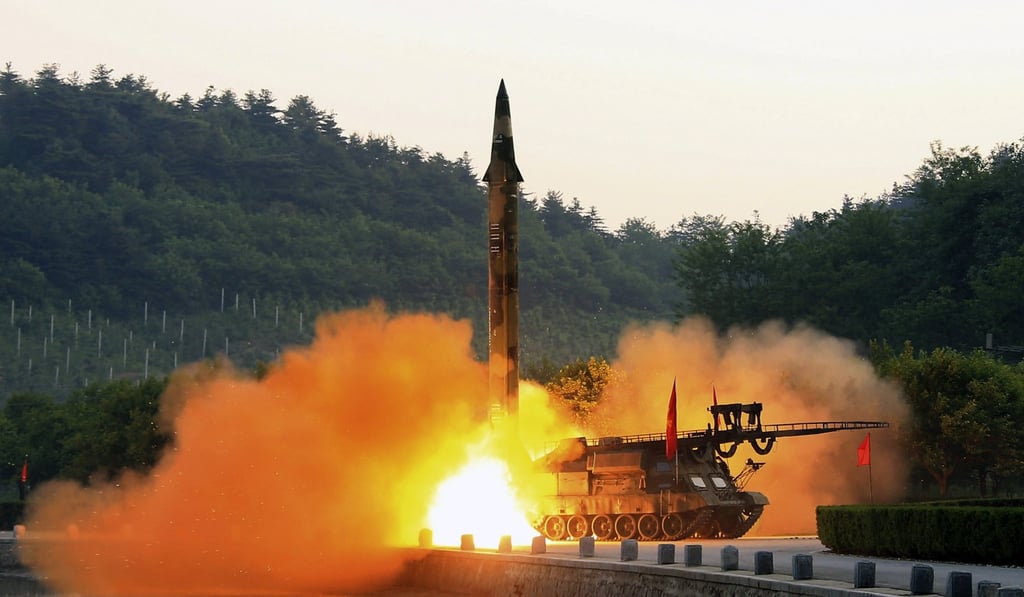Trump orders ‘new approach with military option’ to resolve North Korea nuclear crisis
Denuclearised Korean peninsula will be ‘only appropriate and acceptable solution’ to crisis, US National Security Adviser says

US President Donald Trump has ordered his national security team to develop a new approach to defuse North Korea’s missile and nuclear weapons threat with a military option on the table to finally denuclearise the Korean Peninsula as “the only appropriate and acceptable” solution, Trump’s national security adviser H.R. McMaster said on Wednesday.
“The threat is much more immediate now. We can’t repeat the same failed approach of the past [administrations],” McMaster said at a conference in Washington. “The President has directed us to not do that and to prepare a range of options, including a military option, which nobody wants to take.”
The remarks by McMaster came as South Korean President Moon Jae-in made his first trip since becoming his nation’s leader to the United States, where he is expected to present a united stand with Trump over North Korea.

McMaster also confirmed at the conference that US military options for North Korea had been updated and were ready to be presented to Trump should Pyongyang conduct an underground nuclear or ballistic missile test that indicates the regime has made a significant progress towards developing a weapon that could attack the US.
His comments came at a time when the US and China failed to announce joint action to freeze Pyongyang’s nuclear programme during their first Diplomacy and Security Dialogue last Wednesday in Washington.